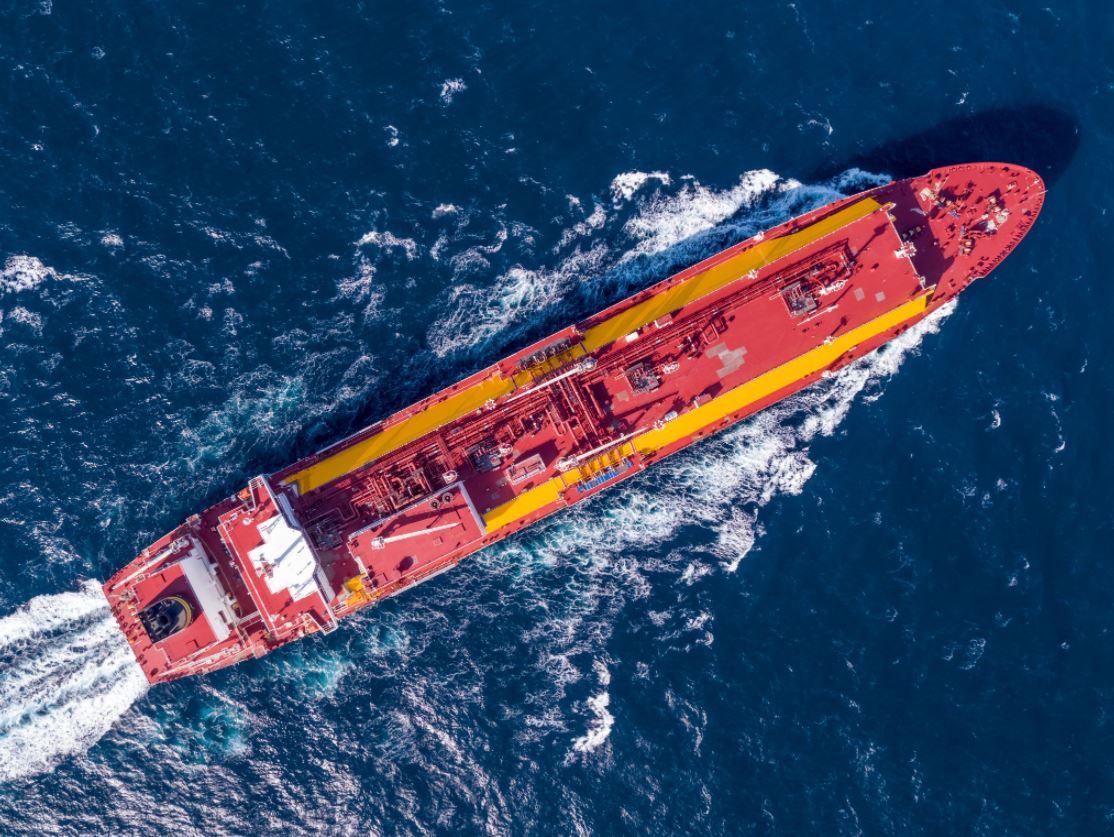Equinor and Shell have signed a framework deal with Tanzania to develop the planned $30 billion LNG export project in Lindi.
Officials from Equinor and Shell signed the deal during an event held on Saturday attended by President Samia Suluhu Hassan and energy minister January Makamba, according to a statement by the Tanzanian government.
The deal precedes a host government agreement. Tanzania expects a final investment decision on the project in 2025, while the construction could take about 4 to 6 years, Tanzania’s officials said during the ceremony.
Tanzania estimates that its recoverable gas resources are at 57.54 trillion cubic feet, according to the statement.
Talks resumed last year
In January this year, Tanzania selected a UK unit of law firm Baker Botts to advise the country in talks with international energy companies over the giant LNG export project.
State-run Tanzania Petroleum Development Corporation signed the consultancy deal with Baker Botts (UK).
Minister Makamba said in November last year that Tanzania had resumed negotiations with energy firms for the Tanzania LNG project.
He said then that the companies include Shell, Equinor, ExxonMobil, Pavilion Energy, and Medco Energi.
Prior to that, Shell and Equinor called on Tanzania to support the stalled LNG export project. The move came just weeks after Tanzania’s President Samia Suluhu Hassan took office.
Shell’s chief executive Ben van Beurden also held a virtual bilateral meeting with the President to discuss the LNG project.
Large gas discoveries
Equinor and Shell are both operators of large gas discoveries off the country’s coast.
The Norwegian firm and partner ExxonMobil discovered more than 20 trillion cubic feet of gas in Block 2 offshore Tanzania. Also, Shell says it has about 16 Tcf of natural gas in Block 1 and 4.
Equinor also said in January last year it had decided to write down the book value of the Tanzania LNG project on the company’s balance sheet by $982 million. The firm started negotiations with the Tanzania government back in 2018 to set out the commercial and fiscal framework for the LNG project.
It previously said that the Block 2 gas would go to the liquefaction plant in Lindi with a potential capacity of 7.5 million tonnes per year.

